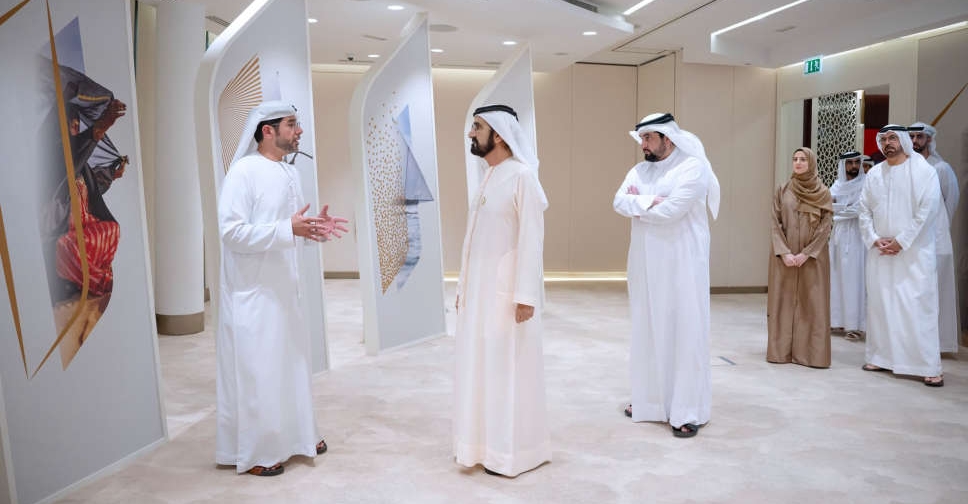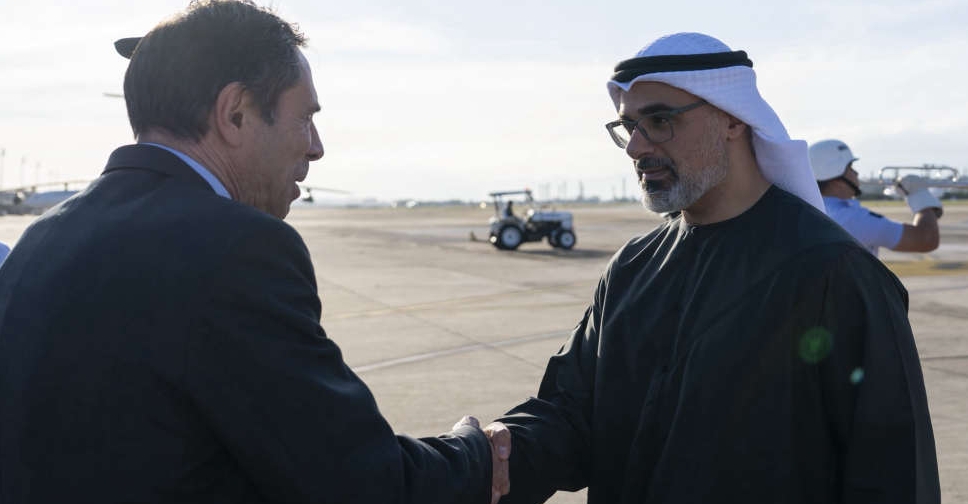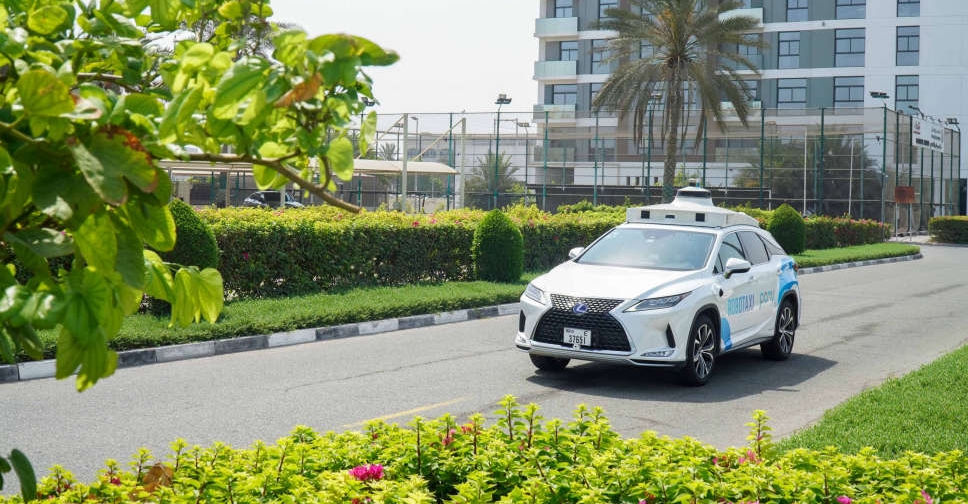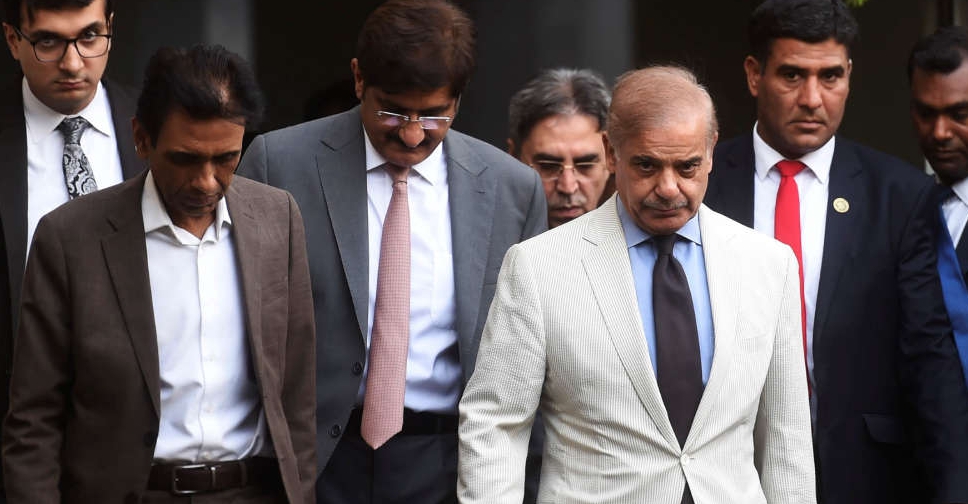
Pakistan's new government is in internal discussions on whether to roll back fuel and power subsidies in the stuttering economy, officials said, as the industry regulator advised a huge hike to match global prices.
Former premier Imran Khan, who was ousted in a confidence vote earlier this week, announced a cut in petrol and electricity tariffs in February, despite soaring global prices, in a bid to win back popular support.
But that relief measure, estimated at 373 billion Pakistani rupees ($2.06 billion), has stretched government finances in a way that cannot be sustained, the finance ministry's top civil servant said. It has also endangered an ongoing International Monetary Fund rescue programme.
"The relief package will add to the fiscal deficit which we cannot afford at the moment," Finance Secretary Hamed Yaqoob Sheikh told Reuters.
"Either it has to be rolled back or compensating reductions in other expenditures would be required to ensure that the primary balance agreed with the IMF is achieved."
The primary budget balance excludes debt repayment obligations.
The fiscal deficit could go as high as 10 per cent of gross domestic product, according to new Prime Minister Shehbaz Sharif's top economic adviser Miftah Ismail, widely expected to be named finance minister.
Sharif met his economic team on Thursday to tackle the subsidies.
"We have been discussing this before (with the previous government) and are discussing it again with the new government as well," a finance ministry official told Reuters, speaking on the condition of anonymity.
The officials are proposing spreading the rollback of the subsidies over two to three months to soften its impact, he said, adding that the decision was now with the new political leadership.
IMF BAILOUT
Pakistan is in the midst of a $6 billion IMF bailout programme and has yet to clear its seventh review, which would release over $900 million and unlock other funding that depends on the fund's clearance.
The seventh review started in early March, but no agreement had been reached before the collapse of Khan's government.
A reversal of the fuel subsidies will be politically sensitive for a new government trying to shore up popular support at a time when inflation is running at 12.7 per cent.
"Either the new government can raise prices, which will be politically costly, or they could cover the deficit by reducing other non-development expenditure, which will prove politically difficult," said Kaiser Bengali, a Pakistani economist who has previously held a number of government advisory roles.
The country's Oil and Gas Regulatory Authority (OGRA) advised the government to scrap the subsidies and raise prices effective Saturday, according to sources in the regulator. It gave two scenarios: one where the government continued to keep levies and tax at zero, and one where they would be reimposed to increase revenues.
Diesel fuel prices should be hiked by over 35 per cent from 144 rupees ($0.8) to 195 rupees ($1.1) per litre, the sources said. This would increase to 264 rupees ($1.5) per litre if levies and tax were re-introduced - an 83.2 per cent rise in price.
Petrol, currently at around 150 rupees ($0.83), should be raised by 14 per cent to 171 rupees per litre. The price, if levies and tax are included, would shoot up 57 per cent to 235 rupees ($1.3) per litre.
The government is not bound to implement this advice, and it was not immediately clear what decision the government would make.
Sharif is yet to announce his cabinet, but Ismail and the spokeswoman for Sharif's party, Marriyum Aurangzeb, did not immediately respond to Reuters' requests for comment.


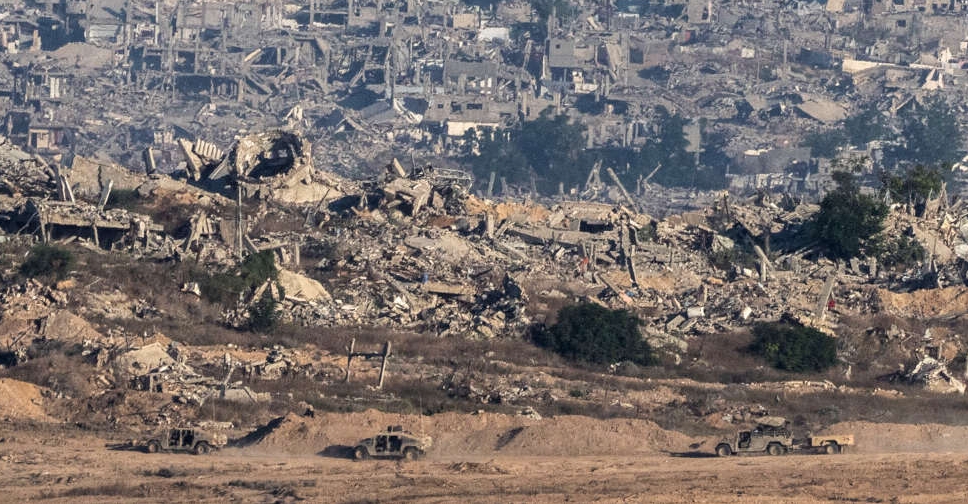 Israel sends delegation to Qatar for Gaza talks ahead of Netanyahu trip to US
Israel sends delegation to Qatar for Gaza talks ahead of Netanyahu trip to US
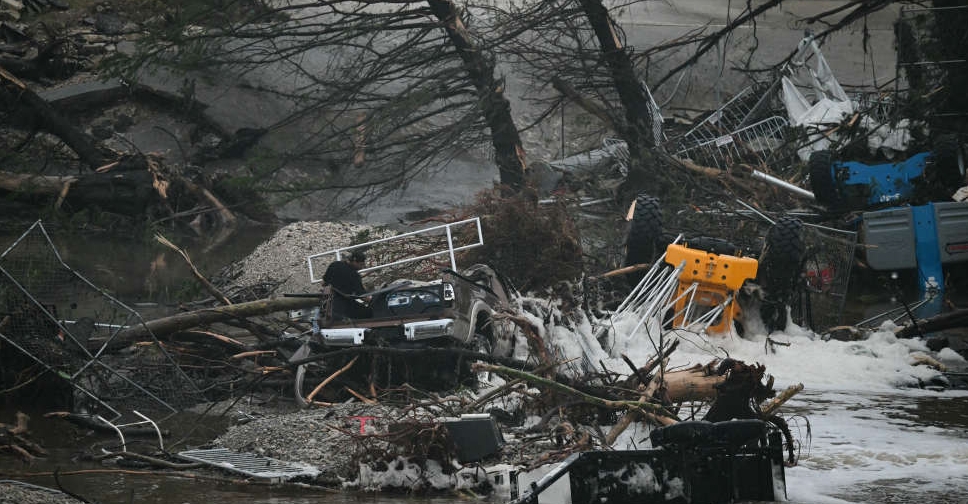 Death toll from Texas floods reaches at least 50; dozens still missing
Death toll from Texas floods reaches at least 50; dozens still missing
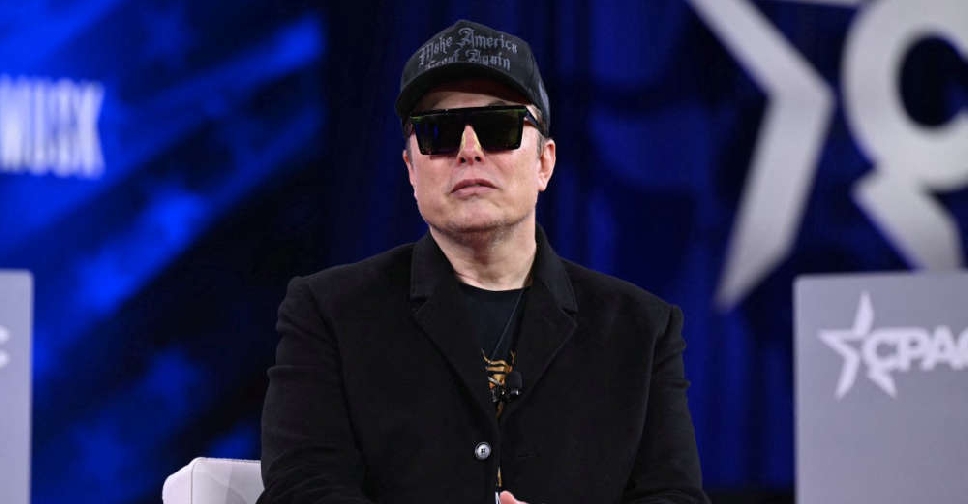 Musk announces forming of 'America Party' in further break from Trump
Musk announces forming of 'America Party' in further break from Trump
 Leaders of growing BRICS group gather for Rio summit
Leaders of growing BRICS group gather for Rio summit
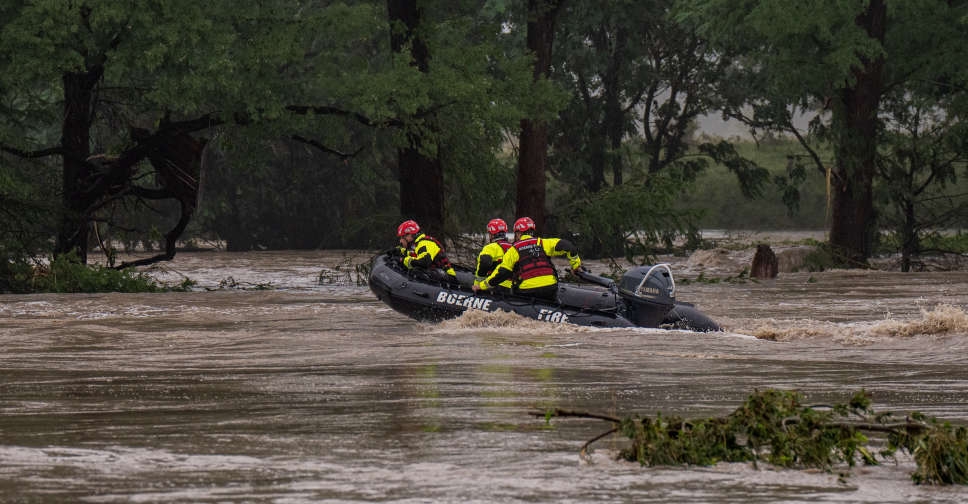 At least 24 dead in Texas flash flooding
At least 24 dead in Texas flash flooding
